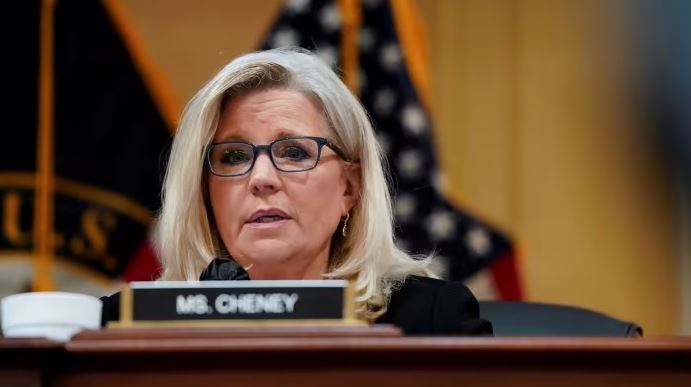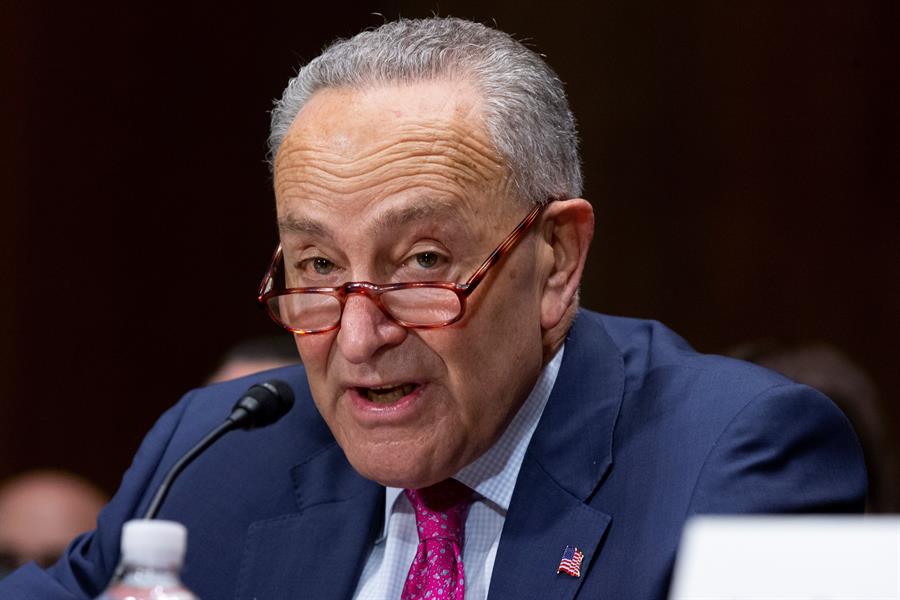The plenary session of the United States Senate confirmed this Thursday the career diplomat Nicholas Burns, who until now taught at Harvard University, as the new ambassador of the North American country in China.
The Upper House authorized the nomination of President Joe Biden after a vote with 75 votes in favor and 18 against.
The Senate’s go-ahead comes a month after Republican Senator Marco Rubio blocked Burns’ nomination for “his failure to understand the threat posed by the Chinese Communist Party,” according to a statement from the legislator.
The senator also said at the time that he decided not to approve Burns’ candidacy because the diplomat allegedly has not shown “any remorse or concern” about his ties to corporations operating in China.
Before Rubio’s lockdown, Burns had been ratified in a vote in the Upper House Foreign Relations Committee.
In that committee, Burns noted that the Biden Administration “will compete resolutely” with China in the commercial and technological field, although it left the door open for “cooperation” on issues such as climate change and non-proliferation.
His nomination was also controversial in the Asian country since China attacked Burns in October for stating that Washington should support Taiwan to defend itself from “the unjust coercion that Beijing is exerting on the island. “
In addition, Burns described Chinese policies in the Xinjiang region as “genocide” and those on Taiwan as “harassment”, an island on which Beijing claims its sovereignty and to which the United States reserves the right to “support” in order to “maintain a sufficient self-defense capacity “.
Throughout his diplomatic career, Burns was the United States ambassador to NATO and the “number three” of the State Department during the government of Republican George W. Bush (2001-2009); and he also served as ambassador to Greece with then-Democratic President Bill Clinton (1993-2001).
























































































